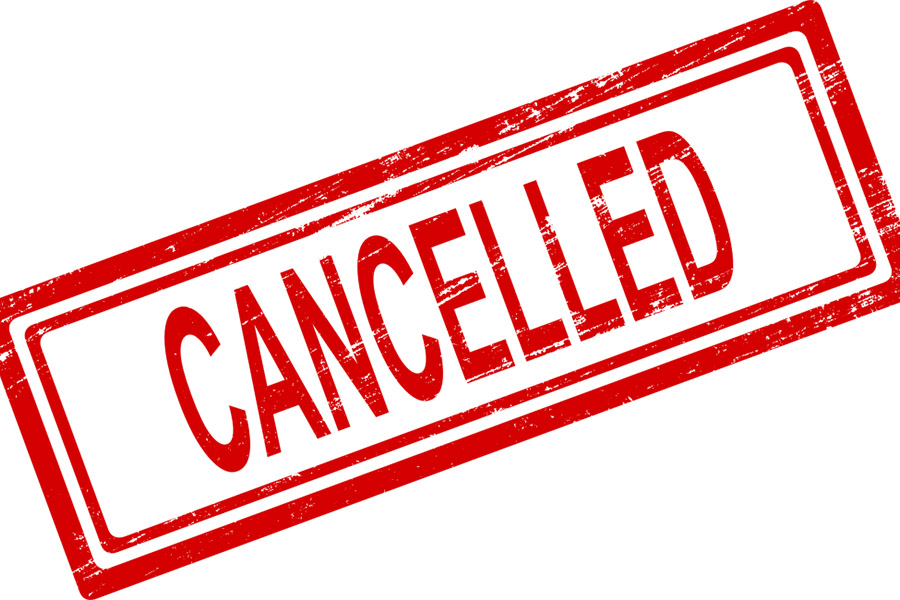Talking recently to a small group of senior leaders, I realised that most of them were still at school when we launched the 1995 Tomorrow’s Company report.
So I asked them what they thought had changed since 1995.
Fear of Causing Offence
In our 1995 report we discussed the ‘death of deference’. Hierarchies have since been weakened. It is easier to criticise the people in charge. Yet today’s leaders have noticed a new nervousness about saying the wrong thing. Might someone be offended? The inhibition of offending the boss has been replaced by fear of offending a particular group. Remainer or Leaver; activists on gender identity and transphobia; religious minorities.
This hesitancy is amplified by social media. Speak out and you may be trolled. Safer to have conversations with those who agree with you.
A Feeling of Powerlessness
Then there is frustration that comes from feeling powerless to influence the whole system.
Edelman research in 2020 found that less than 20% of the general population answered yes to the statement ‘The system is working for me’.
Some in the room commented that this sense of powerlessness led people to be more impatient and demanding of their employers. Power and influence seem to have shifted away from traditional authority towards single-issue groups, some of them intolerant about the way the rest of us use language.
Polarisation and nuanced conversations
One leader said that the workplace had become more of a battleground: it was no longer possible to have ‘nuanced conversations’ – in which people explored both sides of an argument, thought through the practical implications of someone else’s idea and built on what they had heard.
This reminded me of a discussion organised by Paul Barnett of The Enlightened Enterprise Academy. It featured Elliot Schreiber, who wrote ‘The Ying and Yang of Reputation Management’ and Joe Zammit-Lucia, author of ‘The New Political Capitalism’. The latter argues that we are in a new era of polarisation. A business has to take a position. Was Bob Chapek, the CEO of Disney wrong when he stayed silent on Florida’s controversial ‘Don’t Say Gay’ legislation or wrong later when he paused all political donations from Disney and spoke up against the ban on classroom discussion of sexual orientation? Staying out of the argument was impossible.
The Backlash Against Woke
Companies which don’t live up to their PR on ethics and responsibility have always invited attack. So too if they style themselves ‘Purposeful’ but are unprofitable.
Yet we are now witnessing a more generalised attack on companies which seek to be a force for good. Companies have brought this on themselves by using unthinking rhetoric.
Take the 2019 statement by the USA’s Business Round Table (BRT). Releasing the statement the BRT chose the misleading headline ‘Business Round Table Redefines the Purpose of a Corporation to Promote ‘An Economy that Serves All Americans’.
No wonder the BRT attracted ridicule.
The headline – contradicted by the words below – suggests that every company should have the same purpose, and that in defining it, companies must somehow make an existential choice between shareholders and stakeholders. (Whereas in reality most of us are in different parts of our lives both shareholders and stakeholders.)
Why exclude non-Americans?
How can companies meet the needs of ‘all stakeholders’? All needs? All stakeholders?
It didn’t help the BRT that during the pandemic Jamie Dimon, who announced the ‘redefinition’, refused to take a cut in his $31m salary because he said it would offend his board.
So now we have an overheated argument between two caricatures called ‘shareholder capitalism’ and ‘stakeholder capitalism’ and even suggesting that anyone who advocates the latter is against profit. Yet under the melodramatic headlines, both sides are saying the same things.
Take a recent article in The Times by Matthew Lesh of the Institute of Economic Affairs. This starts by criticising Ben and Jerry’s for taking a stand on the rights of refugees. It ends by accusing companies that take such a stand of ‘diminishing the importance of profit’.
It offers no evidence to suggest that companies like Ben and Jerry’s or Disney are ignoring profit by saying what they believe. It is naïve to pretend that staying silent today is always an option.
Polarisation poses tough choices for companies. A real company dilemma has been trivialised by polemic about ‘woke’ attitudes to capitalism.
Look beyond the noise and it turns out that there is little difference between the BRT’s ‘stakeholder capitalism’ statement and the Times attack on ‘stakeholder capitalism’. The BRT states that that customers, employees, suppliers, and communities can only thrive in economies where there are healthy companies which invest in them. It also commits to ‘generating long-term value for shareholders, who provide the capital that allows companies to invest, grow and innovate.’ The title of the Times article agrees: ‘Only by focusing on profit can business deliver human progress’.
Both are repeating what the Tomorrow’s Company report was saying 27 years ago!
We need a disciplined- and nuanced – debate. Affirm the role of profit and markets; speak urgently about climate, bio-diversity and human rights. Honestly explain your company’s intentions – long-term as well as short term. Then we can have the argument that really matters which is between greedy, extractive capitalism, and an approach rooted in stewardship.
Stewardship capitalism is founded on clear purpose and robust values lived in all relationships. It feeds off the inventiveness of entrepreneurs and the adaptability of markets. It values natural and human capital alongside the financial. It welcomes strong governance, regulation and incentives to keep it honest. And it requires the emergence of capital markets that will accept their duty to future generations.
Mark Goyder is Founder of Tomorrow Company and Senior Advisor to the Board intelligence Think Tank. He is the author, with Ong Boon Hwee, of Entrusted – Stewardship for Responsible Wealth Creation, published by World Scientific in 2020.
